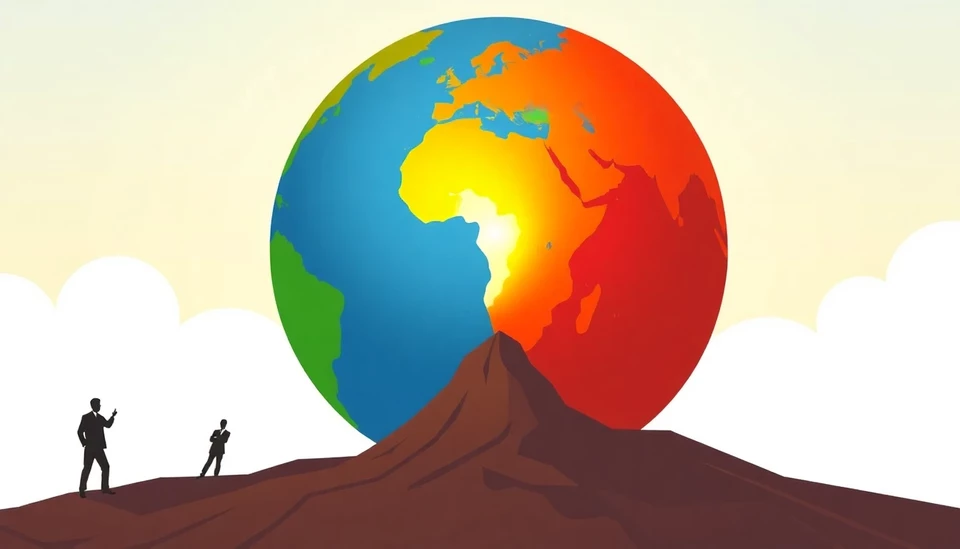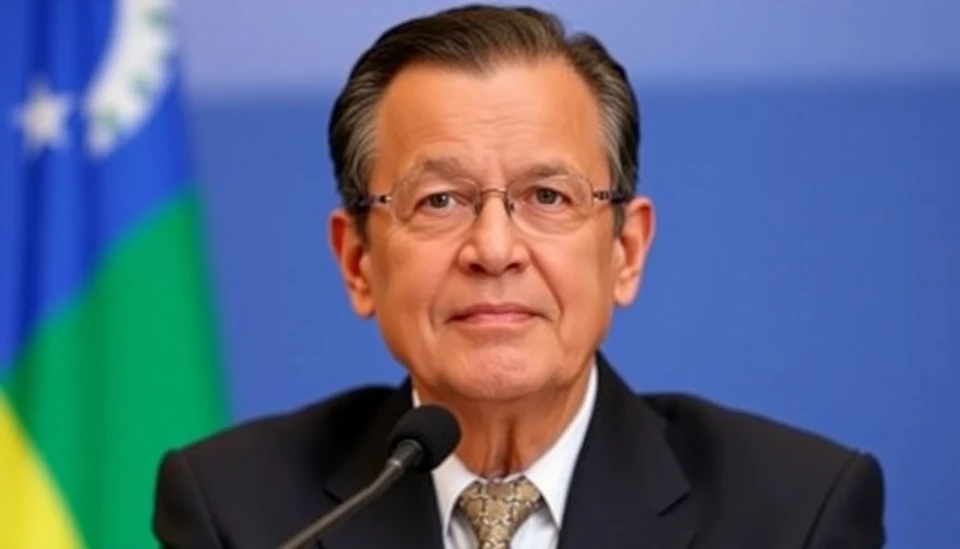
The landscape of global climate diplomacy is currently experiencing significant turbulence as key summits approach. Recent developments indicate a growing sense of urgency among nations as climate-related crises intensify, but divisions over approaches and strategies are hindering progress. The stage is set for a pivotal series of discussions aimed at addressing the existential threat posed by climate change, yet skepticism looms large.
As nations grapple with the ramifications of extreme weather events—from devastating floods to relentless heatwaves—there is an increasing acknowledgment of the necessity for collaborative international efforts. However, countries are finding it challenging to align their climate goals, particularly between developed and developing nations. A central point of contention arises from the disparity in economic capabilities and responsibilities, with developing nations calling for more substantial financial support to adapt and mitigate the impacts of climate change.
The forthcoming climate summits, particularly the Conference of the Parties (COP) meetings, are anticipated to be critical in shaping the roadmap toward the ambitious targets set by the Paris Agreement. However, low levels of trust and differing priorities among member states threaten to derail meaningful negotiations. The lack of coherent strategies may lead to further delays in action, potentially exacerbating the climate crisis.
Moreover, the global energy transition is at a crossroads, with countries dependent on fossil fuels arguing against immediate cuts in emissions. The ongoing geopolitical tensions further complicate these discussions, as nations navigate their energy security concerns while trying to commit to climate goals. The urgency for a rapid transition to renewable energy sources clashes with the economic realities many countries face, leading to a tenuous negotiation environment.
Interestingly, public sentiment is shifting, with more citizens recognizing the implications of climate inaction. This increased awareness is pressing policymakers to take bolder stances and explore innovative solutions. Activists worldwide are mobilizing efforts to hold leaders accountable and push for climate justice, particularly in highlighting the plight of marginalized communities most affected by climate change.
Key players in the climate diplomacy arena are devising strategies to bridge divides and foster collaboration. Engaging civil society, private sector investments, and fostering technological innovations are seen as avenues to revitalize commitments among nations. However, commitments must be translated into actionable plans that reflect genuine progress, with transparency and accountability at the forefront.
As the clock ticks away and with negotiations hovering, the efficacy of future climate diplomacy will greatly depend on nations' willingness to compromise and share responsibilities. The world is watching, and the upcoming summits could either forge a united front or exacerbate existing tensions, leaving future generations to grapple with the consequences.
In conclusion, while the path ahead is undeniably challenging, the collective strive towards ambitious climate objectives must remain steadfast. The world stands at a crucial juncture where impactful diplomacy can either underscore or undermine the global response to one of humanity's most pressing challenges.
#ClimateDiplomacy #ClimateCrisis #ParisAgreement #GlobalSummit #RenewableEnergy #ClimateAction #SustainableFuture #EnvironmentalJustice
Author: Sophie Bennett
